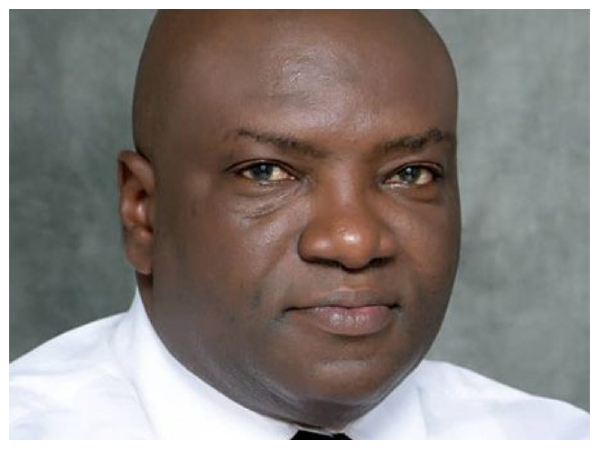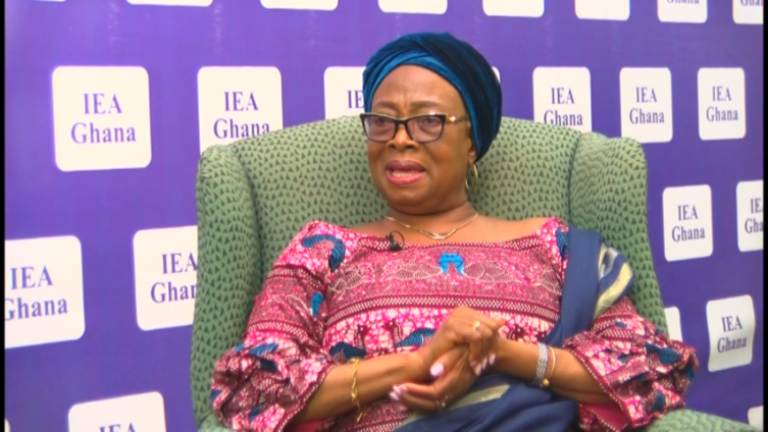- Kenneth Kwabena Agyei Kuranchie, Editor of Daily Searchlight, has sued over ORAL’s constitutionality.
- The writ was filed at the Supreme Court on September 24, 2025.
- Attorney-General Dr. Dominic Ayine is named as the defendant.
- Kuranchie argues ORAL has no legal mandate for investigations, reports, or prosecutions.
- He is seeking declarations to void ORAL’s actions, halt prosecutions, and audit funds spent.
- Calls for a surcharge on individuals responsible for ORAL expenditures.
- The Attorney-General has 14 days to respond.
- The case could impact Ghana’s broader anti-corruption agenda.
Kenneth Kwabena Agyei Kuranchie, Editor-in-Chief of the Daily Searchlight newspaper, has taken the government to court over the controversial anti-corruption program known as Operation Recover All Loot (ORAL).
Kuranchie filed a writ at the Supreme Court on September 24, 2025, invoking the court’s original jurisdiction under Article 2(1)(b) of the 1992 Constitution and Rule 45 of the Supreme Court Rules (CI 16).
British Singer Morrissey Cancels U.S. Concerts After Chilling Death Threat in Canada
His suit lists the Attorney-General, Dr. Dominic Ayine, as the defendant.
At the heart of the case is Kuranchie’s claim that ORAL lacks constitutional backing.
He argues that its investigations, decisions, and prosecutions targeting both current and former government officials are outside the law, rendering all its actions “null and void.”
In his filing, Kuranchie is asking the Supreme Court to declare all past and ongoing investigations and reports from ORAL unconstitutional.
He further wants prosecutions linked to the initiative halted immediately until the Court delivers its ruling.
The writ also demands a comprehensive audit into public funds spent on ORAL’s operations, with individuals found culpable to be surcharged.
According to Kuranchie, this is necessary to ensure accountability in how taxpayer resources have been used.
Meanwhile, the Attorney-General is expected to file a formal response within 14 days, as stipulated by Supreme Court procedures. The case is poised to draw significant attention, given its potential to reshape the government’s anti-corruption strategy and the legal standing of ORAL.


